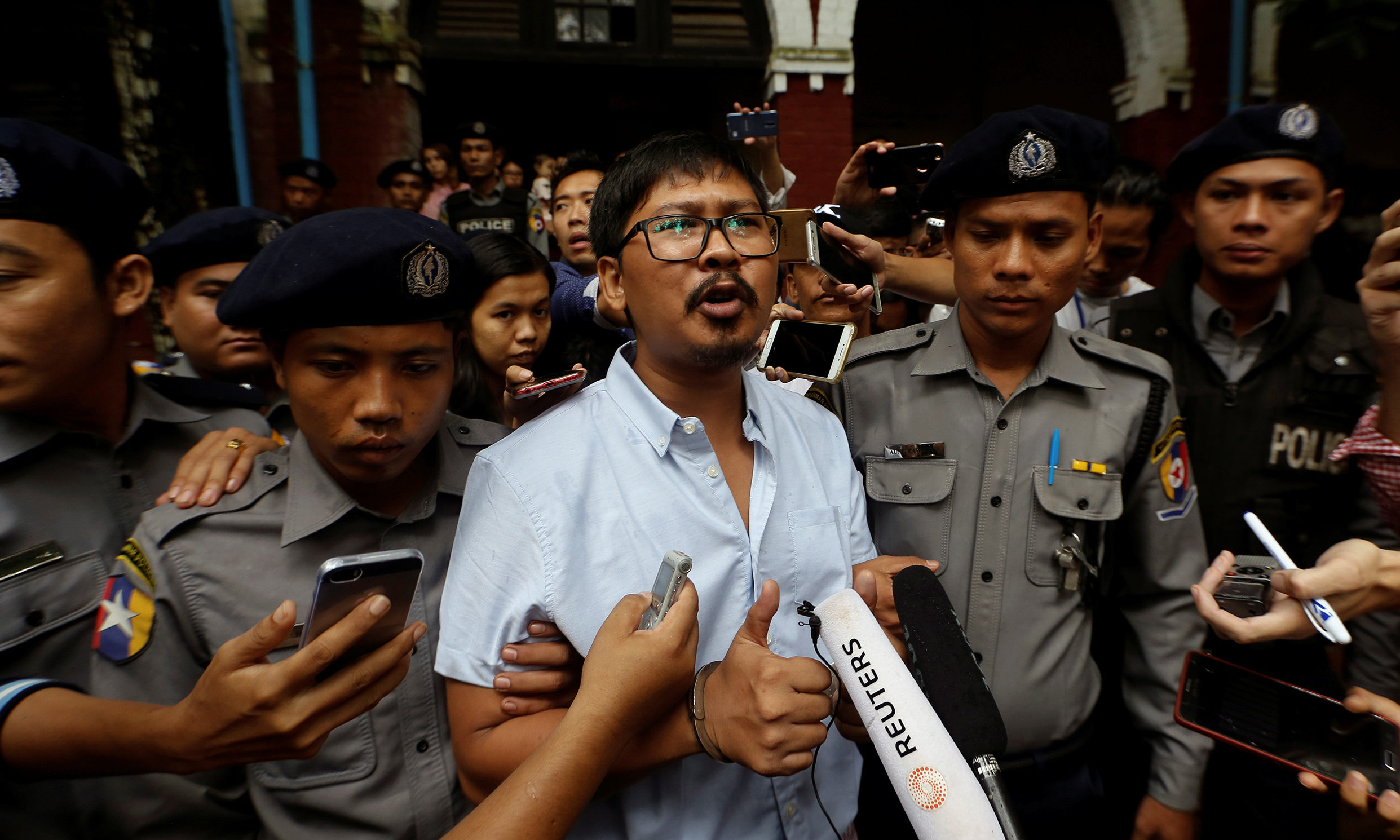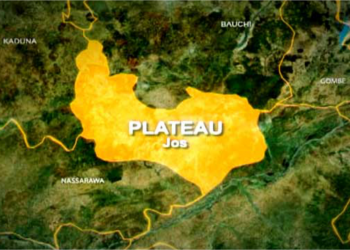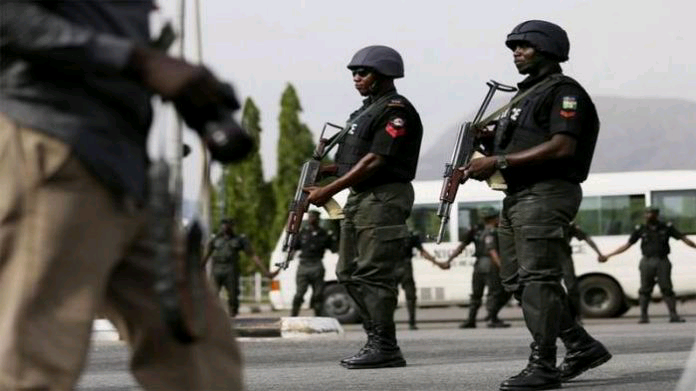A court in Myanmar has sentenced two Reuters journalists to seven years in prison for violating a state secrets act while investigating violence against Rohingyas.
Wa Lone and Kyaw Soe Oo were arrested last year while carrying official documents which had just been given to them by police.
The case has been widely seen as a test of press freedom in Myanmar.
They have maintained their innocence, saying they were set up by police.
“Today is a sad day for Myanmar, Reuters journalists Wa Lone and Kyaw Soe Oo, and press freedom anywhere,” said Reuters Editor-in-Chief, Stephen Adler.
Wa Lone, 32, and Kyaw Soe Oo, 28, had been collecting evidence about the execution of 10 men by the army in the village of Inn Din in northern Rakhine.
During their investigation, they were offered documents by two police officers, but were arrested immediately afterwards for the possession of those documents.
Authorities later launched their own probe into the killings, confirming the massacre took place and promising action to be taken against those who had taken part.
The verdict comes a year after the crisis in Rakhine state came to a head when a Rohingya militant group attacked several police posts.
The military responded with a brutal crackdown against the Rohingya minority.
The UN has said leading army figures in Myanmar should be investigated and prosecuted for genocide.
Media access to Rakhine is strictly controlled by the government so it is difficult to get reliable news from the region.
Brazil’s 200-year-old national museum hit by huge fire
A huge fire has broken out at the National Museum of Brazil in Rio de Janeiro, the oldest scientific institution in the country.
Firefighters are tackling the blaze at the building, which contains more than 20 million items in its collection.
There have so far been no reports of any injuries in Sunday’s fire.
The museum, which once served as the residence for the Portuguese royal family, celebrated its 200-year anniversary earlier this year.
Aerial images broadcast on Brazilian television showed how the fire, which started in the evening after the facility had closed for the day, had spread throughout the building.
Brazil’s President Michel Temer said in a tweet that it was a “sad day for all Brazilians” as “200 years of work, research and knowledge were lost”.
“The value of our history cannot be measured by the damage to the building,” he added.
In an interview with Brazil’s TV Globo, the museum’s director said it was a “cultural tragedy.”
One member of staff told the network that project managers had had “tremendous difficulty” trying to secure funding for “sufficient” resources for the palace.
Another, librarian, Edson Vargas da Silva, is quoted by local media describing the building, which he said had wooden floors and contained “a lot of things that burn very fast”, such as paper documents.
The museum houses thousands of items related to the history of Brazil and other countries including Egyptian artefacts, according to its website.
Its natural history collection includes important dinosaur bones and a 12,000-year-old human skeleton of a woman – the oldest ever found in the Americas.
Among the South American artefacts in the collection are archaeological findings, fossils and meteorites.
Employees had reportedly previously expressed concern about funding cuts and the dilapidated state of the building.
The institution was established in 1818 as the Royal Museum with the aim of promoting scientific research by making its collection available to specialists.
Sinead McNamara: Australian influencer dies on Greece yacht

Source: BBC.co.uk
Friends and family have paid tribute to an Instagram blogger who died in Greece while working on a billionaire’s yacht.
Sinead McNamara, 20, from Australia was found in a critical condition on the vessel on Thursday, and died while being airlifted to hospital.
Greek authorities have launched an investigation into her final hours on the boat, which was docked on the island of Kefalonia.
The super-yacht is owned by Mexican mining magnate Alberto Bailleres.
Mr. Bailleres and his family had left the Mayan Queen IV boat days before the incident, Greek news outlets reported.
Ms. McNamara, originally from Port Macquarie in New South Wales, regularly posted pictures of her travels to her Instagram account, where she had more than 12,000 followers.
In a post last month she wrote: “Living & working on a boat seeing all that the world has to offer. Yep I think I have it pretty good.”
Her friends have expressed their grief on social media, describing the young woman as a “free-spirited” and “adventurous” soul.
“You lived life with no fear and it’s a blessing to have known you,” one friend wrote.
Another said: “Everyone should take a page from Sinead’s book – where she was meant to have a holiday in Bali that turned into a year and a half trip sailing across the world.”
The circumstances of her death remain unclear.
Greek media reported authorities had ordered that the yacht remained in the port of Argostoli while investigations took place.
Only the boat’s crew were on board when Ms. McNamara was found unconscious and “twisted in rope” at the rear of the boat, The Australiannewspaper reported.
Her cousin told the Daily Telegraph newspaper that the family did not know the cause of the death but believed it might have been a boating accident.
The newspaper reported that Ms. McNamara’s mother and sister had already been on their way to Greece to visit her when they received news of the tragedy.
India ‘baby body’ bags contain no human tissue, say police
Indian police say no traces of human tissue have been found inside bags found on a vacant plot of land in Kolkata (Calcutta).
Initial police reports had said the plastic bags contained the decomposing bodies of 14 babies and foetuses.
The discovery on Sunday prompted the local mayor to announce an investigation, as the bags were sent to a hospital for examination.
But doctors said on Monday they contained only traces of medical waste.
The news of the discovery had caused outrage in India after officials said they suspected the involvement of an “illegal abortion racket.”
“When doctors opened the packets, they found no human tissue,” a senior police official told local reporters. “What material we don’t know.”
The contents will now be sent to experts to determine what exactly was inside.












